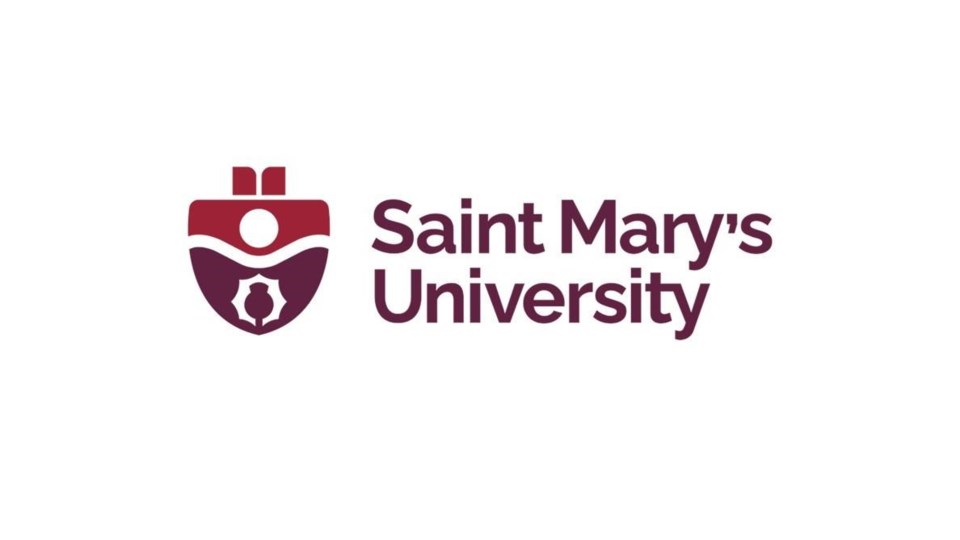HALIFAX — Unionized faculty members and librarians at Saint Mary's University in Halifax have voted 91 per cent in favour of a motion expressing non-confidence in the school's president and its board chairperson.
The Saint Mary's University Faculty Union released a statement Tuesday saying the administration has refused to respond to the union's request for information about the school's finances.
"They have refused to be accountable and transparent about the true financial picture at Saint Mary's," union president Cathy Conrad said in the statement.
"This vote is a very big deal for our membership, and highlights that faculty, students and the community need immediate action and new leadership."
The statement raises questions about the university's financial management, saying there have been unexplained budget cuts, the recent elimination of a student employment program and reductions in scholarships.
The union is alleging the university's administration has mismanaged enrolment projections, increased spending on administration salaries and increased spending on capital projects.
"The financial troubles have been 10 years in the making, coinciding with the tenure of the current president," the union's statement says, referring to Robert Summerby-Murray, who is also the university's vice-chancellor.
The university's administration issued a statement Wednesday saying the school's financial challenges are no different than those facing the entire post-secondary sector across Canada.
University spokeswoman Margaret Murphy says that, like other universities, Saint Mary's is facing challenges related to international student enrolment, decreasing government funding and inflationary pressures.
"The board and the university administration are aligned on the need for timely, innovative and sustainable long-term solutions to allow our great university to continue to contribute to Nova Scotia," Murphy's statement says.
"We understand that the union is giving voice to concerns. We have assured them, our faculty and staff that we will work collectively to take action to place the university on a course for sustainability."
According to the university's latest annual financial report, its long-term debt and liabilities jumped from $46.1 million in the 2021-22 fiscal year to $64.8 million by the end of the 2022-23 fiscal year.
The report says the university's debt has increased 116 per cent since 2021, mainly because of increased spending on capital projects, including investments in the Dauphinee Arena, Hub Building and the Loyola Building.
"The university faced many significant challenges during the year," the report says. "The largest was uncertainty around enrolment levels due to changes in size of the international student body as well as a reduction in the courses taken per student."
Meanwhile, the university's debt per student increased by $3,924 to $11,494 during the same time period, when the institution reported a four per cent decline in enrolment. The report says the level of debt per student is just within the university's "tolerable" range for debt risk. "This limits options to fund future capital projects through external borrowing," it says.
Founded in 1802, Saint Mary's University is the second largest educational institution in the province with 7,000 students. Nearby Dalhousie University has about 21,000 students.
This report by The Canadian Press was first published April 10, 2024.
Michael MacDonald, The Canadian Press



